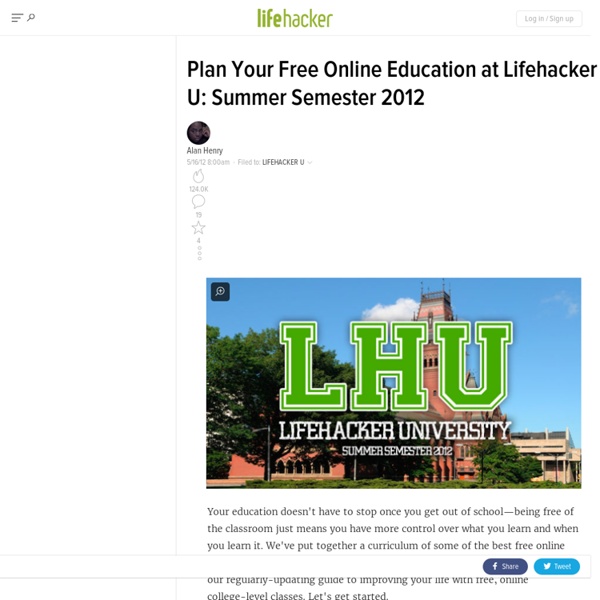



Super Scholar - The best ideas in the world Explore The Freud Apps: AI, Virtual Life Coaching, and the Future of Psychotherapy | Hybrid Reality Mental health and self-improvement services are increasingly accessible via mobile apps. The newest crop of these apps increasingly integrates Artificial Intelligence capabilities similar to Apple’s virtual assistant Siri. These intelligent systems will make our devices come to life, taking on new functions as our personal virtual ‘psychotherapist’ or life coach. Though the self-improvement industry is unregulated with actual numbers hard to come by, publicity would indicate that the business is booming. The same is true of the traditional mental health profession, whose ranks of counselors are expected to grow 36% by 2020. The increasing demand for psychotherapy and self-development coaching has spurred a wave of new digital services aiming at this market. Studies have shown that virtual coaches are effective in helping users change their behavior. In the future it might become common have one or several virtual companions 'living' on our cell phones.
50 Things Everyone Should Know How To Do Self-reliance is a vital key to living a healthy, productive life. To be self-reliant one must master a basic set of skills, more or less making them a jack of all trades. Contrary to what you may have learned in school, a jack of all trades is far more equipped to deal with life than a specialized master of only one. While not totally comprehensive , here is a list of 50 things everyone should know how to do. 1. 2. 3. 4. 5. 6. 7. 8. 9. 10. 11. 12. 13. 14. 15. 16. 17. 18. 19. 20. 21. 22. 23. 24. 25. 26. 27. 28. 29. 30. 31. 32. 33. 34. 35. 36. 37. 38. 39. 40. 41. 42. 43. 44. 45. 46. 47. 48. 49. 50. Check out these books for more ideas on pertinent life skills:
5 Ways to Give Yourself an Education That Kicks the Crap Out of the One You Got in School 5 Ways to Give Yourself an Education That Kicks the Crap Out of the One You Got in School One of the biggest reasons that people are denied the privilege of education is because they can’t afford it. However, today we live in a world where knowledge and information are at our finger tips like never before. Technology has leveled the playing field so that anybody with an interest and an internet connection can receive a world class education. Bloggers, podcasters, search engines and digital content creators of all types of have made it possible for us to learn virtually anything we want to even if we don’t have the money. Self Motivation is Not Optional Taking this kind of approach to educating yourself requires an extremely high degree of self motivation. 1. There are a handful of traditional education institutions that have started to embrace this trend. 2. In a recent feature, the CBS Sunday morning show said that there were approximately 50 million active blogs online. 3. 4. 5.
Plan Your Free Online Education at Lifehacker U: Spring Semester 2013 Learning & Brain Society Plan Your Free Online Education at Lifehacker U: Spring Semester 2014 Michael Cerdeiros - Cerious Productions | 25 Websites that will make you look like a Genius 1. Khan Academy Have you ever wanted to pick up a subject you’re not well-versed in, but you didn’t have the money to invest in a college course? 2. This isn’t the first time I’ve recommended this language-teaching website (and app), and it certainly won’t be the last. 3. Guitar is one of the few instruments out there that’s actually pretty easy to learn if you’re a little older, making it one of the most accessible instruments. 4. Founded by Michael Chu, Cooking for Engineers goes further than just providing recipes. 5. Or Nick the Dating Specialist is a website that wants to help guys be better dates. 6. When we think of exercising and gym techniques, we typically think of bodybuilders and jocks from high school. 7. As much as I would love an education at MIT, that isn’t really in the cards. 8. I don’t like to admit it, but my lack of a business degree tends to make me feel easily intimidated when a conversation starts taking a turn for the financial. 9. 10. 11. 12. 13. 14. 15. 16.
HippoCampus - Homework and Study Help - Free help with your algebra, biology, environmental science, American government, US history, physics and religion homework 25 Killer Websites that Make You Cleverer